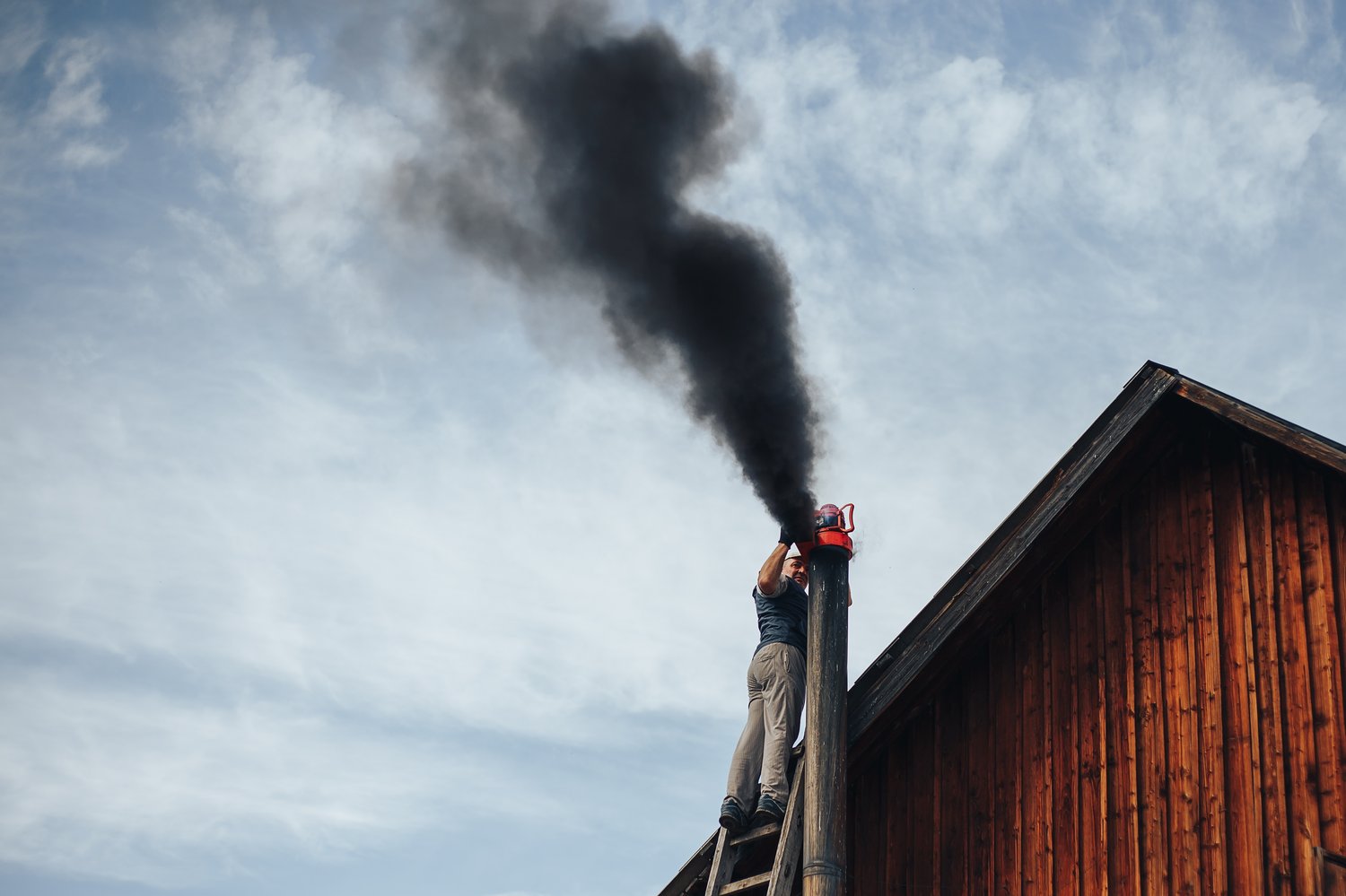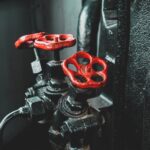Understanding the importance of chimney maintenance
Chimneys play a crucial role in home safety and heating efficiency. Regular maintenance ensures proper ventilation and prevents hazardous buildup. Experts recommend annual inspections by certified professionals. These inspections can identify potential issues before they become serious problems. Homeowners should schedule cleanings at least once every year. Creosote, a highly flammable substance, can accumulate in chimneys over time. Professional cleanings remove this dangerous material, reducing fire risks. Proper maintenance also improves heating efficiency, potentially lowering energy bills.
Neglected chimneys can lead to carbon monoxide leaks, a silent and deadly threat. Installing carbon monoxide detectors near heating appliances is essential for safety. Cracks or damage in the chimney structure can allow water infiltration, causing further deterioration. Addressing these issues promptly prevents costly repairs down the line. chimneys https://onninen.pl/en/products/Heating-systems/Chimneys require different maintenance approaches depending on their material and design. Brick chimneys may need tuckpointing to repair mortar joints, while metal chimneys might require specialized cleaning techniques.
Chimney caps are an important component often overlooked by homeowners. These devices prevent debris, animals, and rainwater from entering the flue. Installing a quality chimney cap can extend the life of your chimney significantly. Homeowners should also be aware of signs indicating chimney problems. These signs include:
- Unusual odors coming from the fireplace
- Excessive smoke when burning fires
- White staining on exterior brick (efflorescence)
- Pieces of tile or brick in the fireplace
Recognizing these symptoms early can prevent more serious issues from developing.
DIY chimney maintenance is possible for some tasks, but caution is necessary. Homeowners can visually inspect the exterior for obvious damage. They can also check the damper operation and clean the firebox after each use. However, climbing on the roof or attempting to clean the flue without proper training can be dangerous. It’s best to leave these tasks to professionals who have the right equipment and expertise.
Optimizing your home’s heating system
Efficient heating systems are essential for comfort and energy savings. Regular maintenance keeps these systems running smoothly and safely. Homeowners should change or clean air filters monthly during the heating season. This simple task improves air quality and reduces strain on the system. Annual professional inspections can identify potential issues before they lead to breakdowns. These checks typically include examining electrical connections, lubricating moving parts, and testing safety controls.
Upgrading to a programmable thermostat can lead to significant energy savings. These devices allow precise temperature control based on your schedule. Some smart thermostats can learn your preferences and adjust automatically. Proper insulation is crucial for maintaining heat within the home. Adding insulation to attics, walls, and floors can reduce heating costs by up to 15%. Sealing air leaks around windows and doors further improves heating efficiency.
heating systems https://onninen.pl/en/products/Heating-systems come in various types, each with specific maintenance needs. Forced-air systems require regular duct cleaning to maintain air quality. Radiant heating systems might need periodic bleeding to remove air pockets. Boiler-based systems should be checked for proper water pressure and potential leaks. Understanding your specific system helps in providing appropriate care.
Zoning your heating system can lead to more efficient heating and increased comfort. This approach allows different temperatures in various areas of the home. It’s particularly useful for multi-story houses or homes with rarely used rooms. Implementing a zoned system can reduce heating costs by up to 30%. Consulting with a heating professional can help determine if zoning is suitable for your home.
Energy-saving tips for heating your home
Reducing energy consumption not only lowers bills but also benefits the environment. Simple behavioral changes can lead to significant savings. Lowering your thermostat by just 1°C can reduce heating costs by up to 10%. Wearing warmer clothing indoors allows for lower thermostat settings without sacrificing comfort. Using thick curtains or blinds at night helps retain heat, while opening them during sunny days allows for natural warming.
Proper use of ceiling fans can improve heat distribution in your home. Running fans clockwise in winter pushes warm air down from the ceiling. This circulation can make rooms feel warmer, allowing for lower thermostat settings. Closing doors to unused rooms prevents unnecessary heating of these spaces. However, ensure that closed-off rooms maintain a minimum temperature to prevent issues like frozen pipes.
Regular maintenance of radiators and heating vents improves efficiency. Bleeding radiators removes air pockets that reduce heating effectiveness. Cleaning vents and ensuring they’re not blocked by furniture allows for better air circulation. Using reflective panels behind radiators can direct more heat into the room instead of being absorbed by walls. These panels are inexpensive and can be easily installed by homeowners.
Investing in energy-efficient appliances can lead to long-term savings. When replacing heating systems, look for high-efficiency models with good energy ratings. Heat pumps, for instance, can be up to 300% efficient in ideal conditions. Solar water heaters can reduce water heating costs by 50% to 80%. While these systems have higher upfront costs, they often pay for themselves through energy savings over time. Government incentives and rebates may also be available to offset initial expenses.





